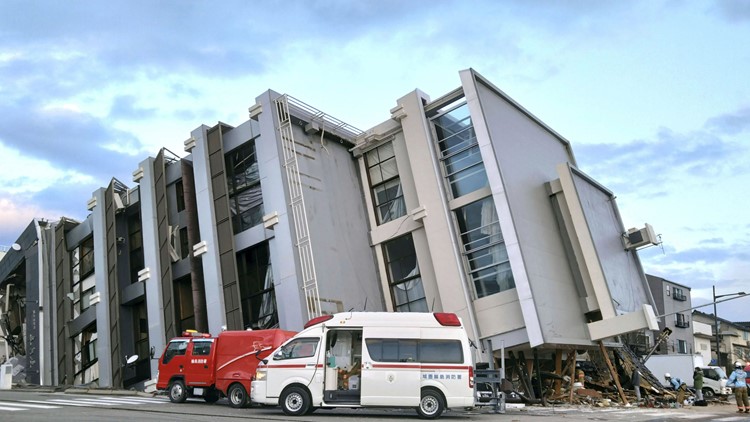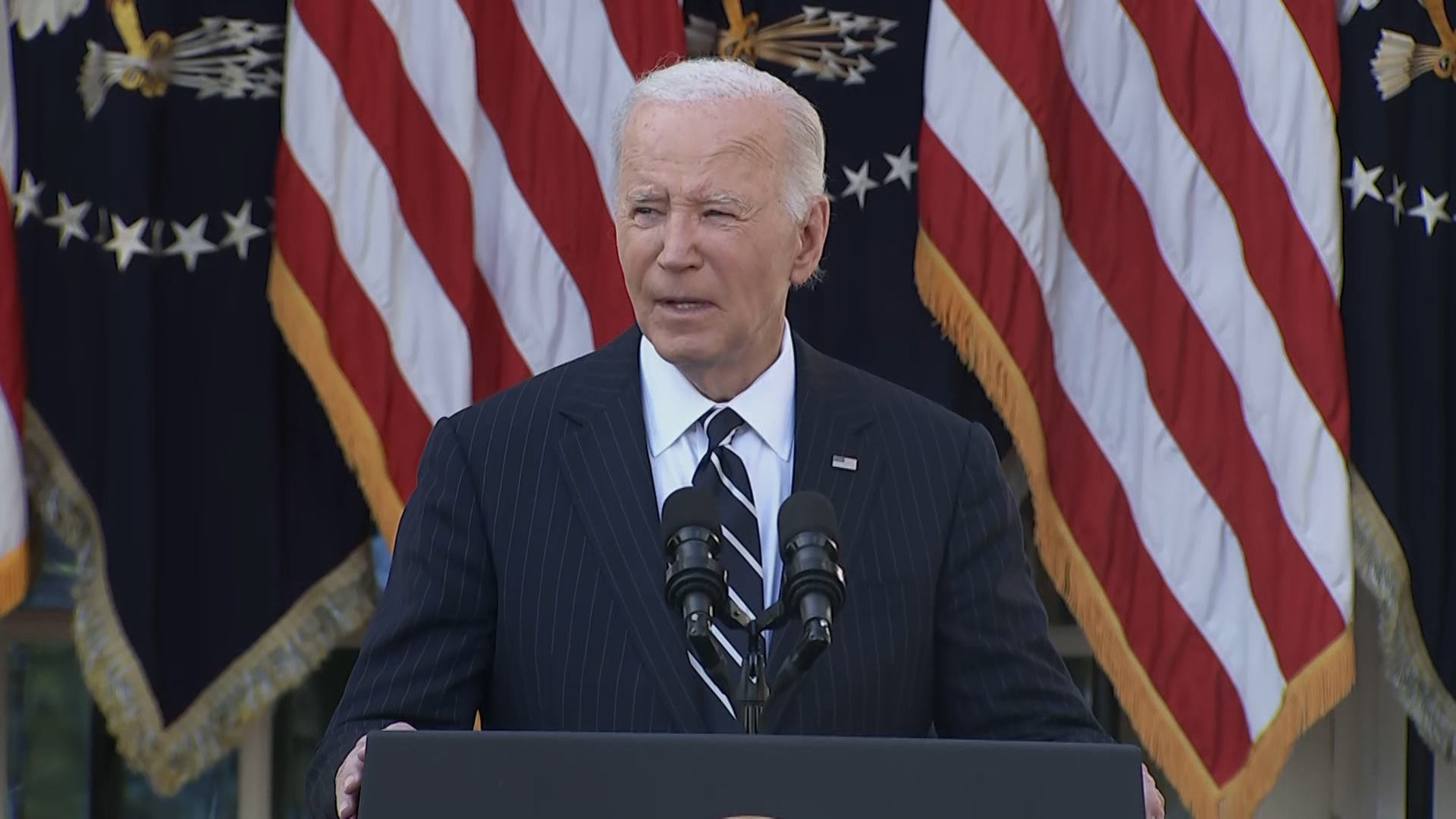SACRAMENTO, Calif. — Japan is on alert after a powerful magnitude 7.5 earthquake rocked the country on New Year’s Day triggering fears of tsunamis along several countries’ coasts.
In California, we are no strangers to earthquakes' deadly and devastating effects. ABC10 caught up with a well-known structural engineer from West Sacramento who specializes in earthquakes and is in Japan right now. He says there are a lot of lessons our state can learn from Japan's earthquake preparedness.
“It's a really special day [New Year's Day] for Japanese actually,” said Kit Miyamoto.
As families gathered for the New Year’s holiday, the earthquake hit the Noto Peninsula along the Sea of Japan. Described as a beautiful and rural area, the concern Monday into Tuesday is for people trapped and possible fires in wooden buildings.
"The fire after the earthquake is a big deal and [the fires] burned down about 200 buildings and houses in the area,” said Miyamoto.
Video taken inside a convenience store in Nagano shows items on shelves shaking violently and customers inside rushing out to safety.
So far, at least a dozen people have died and now the race to rescue survivors is underway. But it could have been much worse.
"Japan is very prepared for this kind of thing,” said Miyamoto.
Miyamoto happened to be there on a business trip to Tokyo when the earthquake hit.
"Not only is the government prepared, but also individuals are prepared,” he said. “For example, everybody has a two-week supply of food and water, and of course other stuff. So they can go without any kind of support for a couple of weeks or even three weeks."
Miyamoto says that compared to California where our last major quake happened nearly three decades ago, people in Japan deal with massive quakes every five years or so.
"This is something we can learn [from] in California, especially at this time, our warning system, it's a really critical piece,” said Miyamoto. “Also the education, communication, how to evacuate people quickly and also, fire after earthquake is something we saw here [and what] we're gonna see in California."
For example, Miyamoto says Japan has automatic gas shutoff when disaster strikes, a critical piece we don't have in California.
"Fire after an earthquake in California is a big deal, especially on a windy day in the Los Angeles basin,” said Miyamoto. “It's estimated to be something around about the 1,000 or more simultaneous ignition after one hour, without any major wind."





















